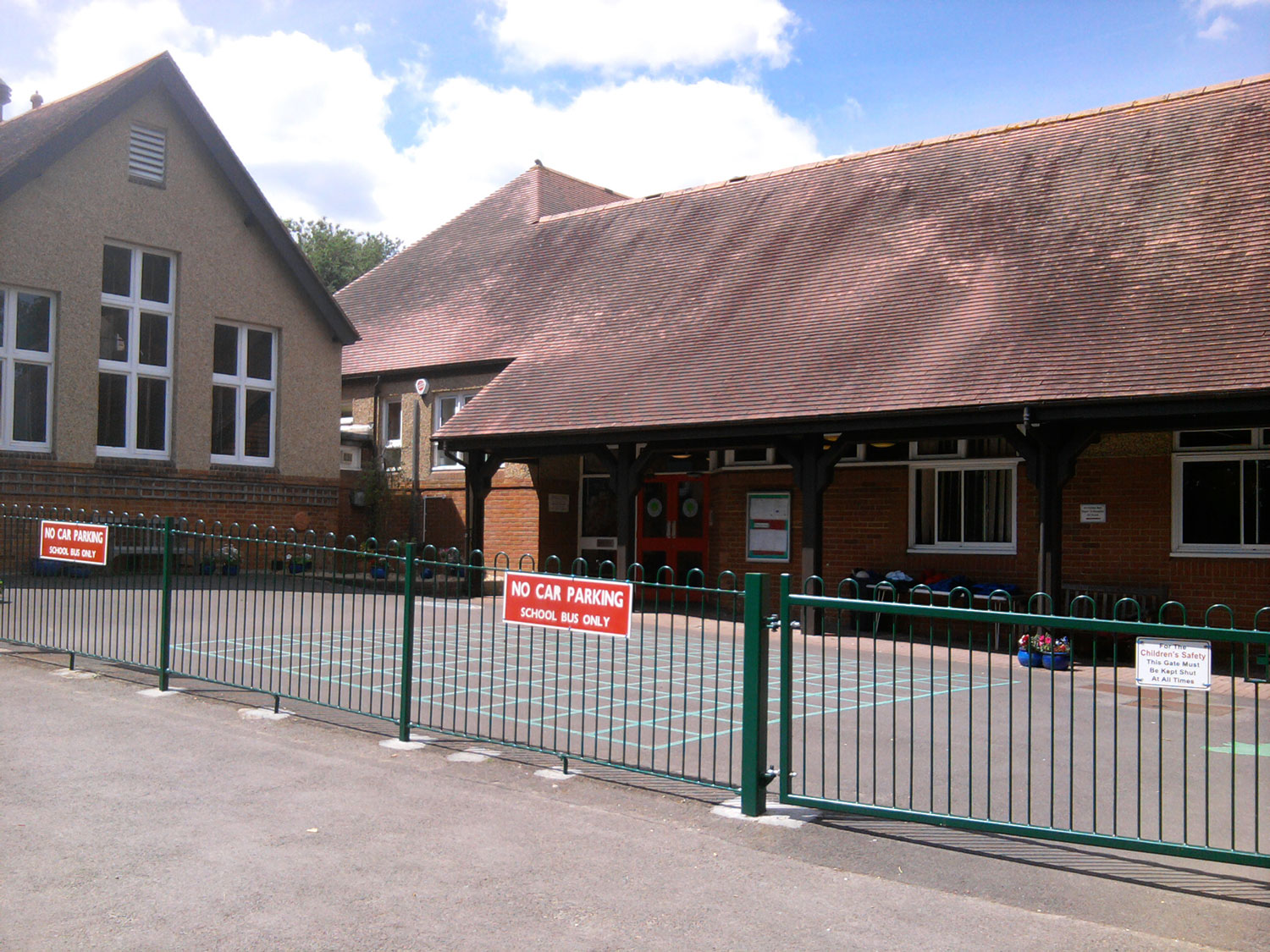Our Learning
Overview
Whitewater C of E Primary School will be a community of learning where everyone is valued as an individual and will develop self-respect and self-confidence, alongside a passion of learning. Within a culture of caring and celebration, we will prepare our children to become citizens of the future and lifelong learners with the skills, understanding and resourcefulness to achieve personal success. Our Christian values of love, respect and courage sit at the heart of our decision-making and support our drive to nurture the Whitewater citizen and ensure that every lesson counts for every child.
This teaching and learning handbook is a guide to the culture, curriculum and classroom practices at Whitewater Church of England Primary School. At Whitewater we want to guarantee challenging and intentional instruction for all students whilst raising the quality of teaching and creating consistency between classes. Our expectations are that all staff will follow the guidelines set out in this handbook and will be supported by the leadership of the school to do so. This document works in conjunction with various policies including: Teaching and Learning Policy, Marking, Assessment and Feedback Policy and the Behaviour Policy.
Our Teaching and Learning Model: The Whitewater Way
Our teaching and learning approach is defined through the four main components within The Whitewater Way:
- Nurturing the Whitewater Citizen
- Growing the Whitewater Learner
- Developing the Whitewater Curriculum
- Delivering Whitewater Teaching

Nurturing the Whitewater Citizen
At Whitewater, we aim for children to value being a member of a community, within the school and wider world. There are regular opportunities for children to play, learn and grow as people developing friendships and a sense of belonging. We aim to ensure children develop self-awareness: taking responsibility for their own learning, embracing a growth mindset and having high expectations of what they can achieve.
Through a nurturing and supportive whole-school ethos, with opportunities to contribute to all aspects of school life, we strive for all children to develop a sense of confidence which they will take forward with them in life in order to make a positive contribution to the future.
Growing the Whitewater Learner
We actively encourage children to be reflective about their learning, behaviour, beliefs and values, and to develop a sense of personal responsibility alongside the motivation and aspiration to learn and improve.
Through a combination of research and collaboration with stakeholders, we have identified 5 prominent learning behaviours which will effectively support our aims for our children. These can be grown through every subject across each year group and will provide a foundation for pupils to learn effectively and thrive throughout their schooling and into the workplace of the future.
Developing the Whitewater Curriculum
The curriculum is all the planned activities that we organise in order to promote learning, personal growth and development. It includes not only the formal requirements of the National Curriculum, but also the range of learning experiences that we deliver in order for school to be a magical place of learning. We aim to teach children how to grow into positive, responsible people, who can work and co-operate with others while developing knowledge and skills, to help pupils become the very best that they can be.
At Whitewater, we aim to equip pupils to make a positive contribution to society in the future through a rich, broad and engaging curriculum which inspires all pupils to learn through the acquisition of knowledge & skills with the school values of Love, Respect and Courage at its core.
Delivering Whitewater Teaching
At Whitewater, we recognise the vast number of different teaching strategies and pedagogies which are used in the classroom to facilitate effective learning. As a teaching team, we have spent time discussing and shaping what we want teaching to look and feel like in our school. As a result, we have identified seven teaching strategies that provide a consistent foundation to the quality of teaching across the school. These clearly defined expectations enable all children to receive consistently effective teaching and reduce the variance between classes.



